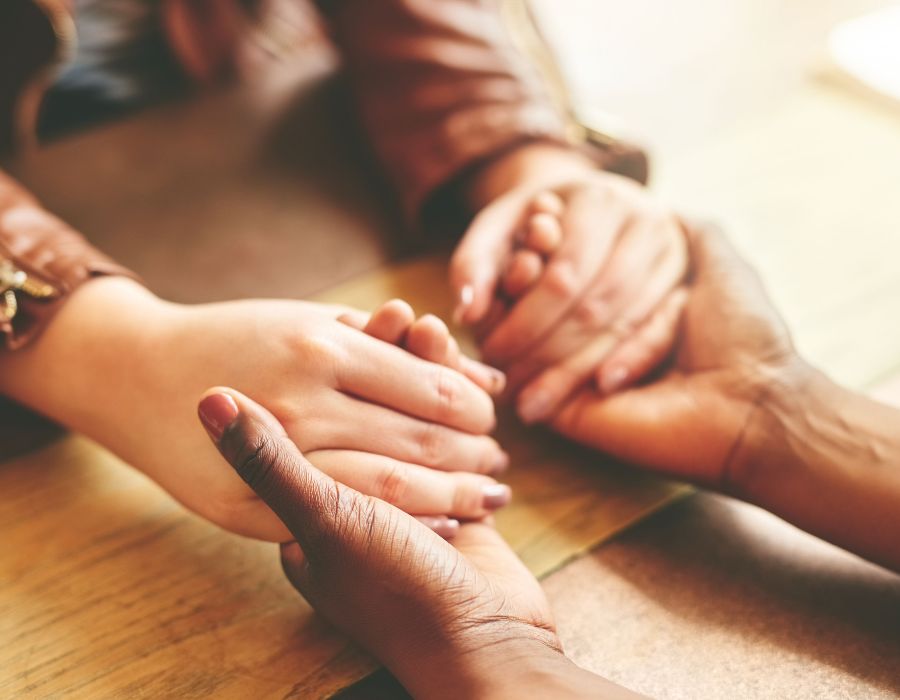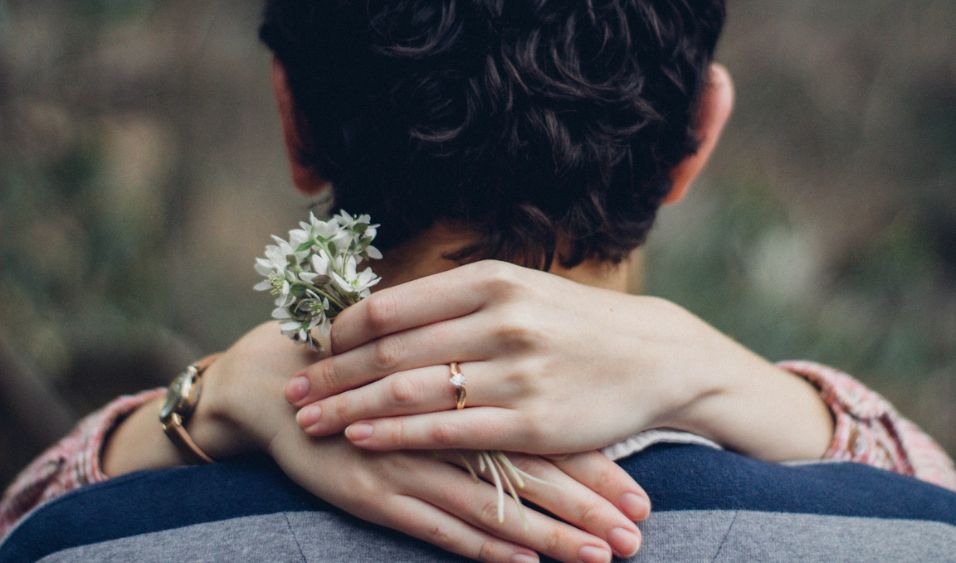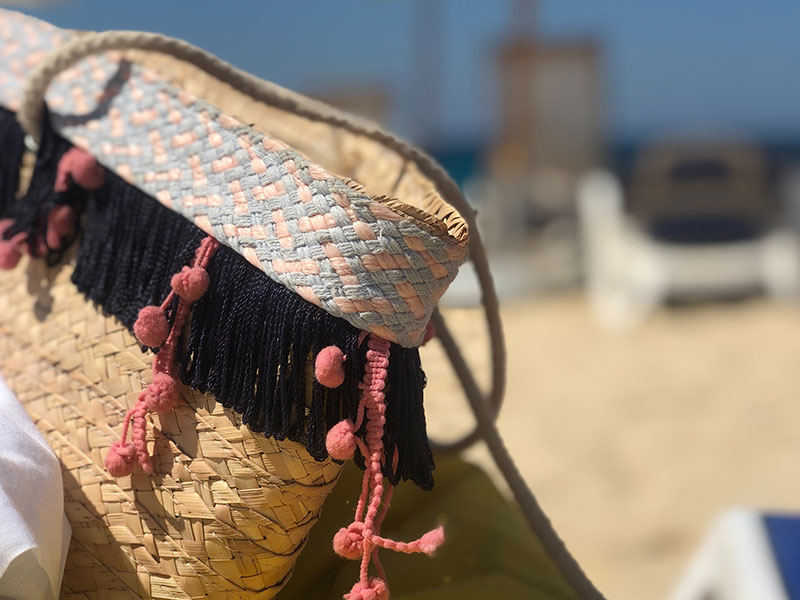Friendships are some of the most important relationships we’ll ever have. They shape us, support us, and walk alongside us through different seasons of life. But what happens when you realize you’ve outgrown a friendship—even though you still deeply care about that person?
This can be one of the toughest emotional crossroads to navigate. You might feel guilty for pulling back, worried about hurting their feelings, or unsure of how to redefine the relationship. The truth is, outgrowing a friendship doesn’t mean you stop loving or valuing that person—it simply means your connection is shifting.
In this article, we’ll break down how to recognize the signs you’ve outgrown a friendship, why it happens, and how to handle it with compassion and care.
You Might Also Be Interested In:
-
Feeling Lonely? 4 Questions To Help Build Authentic Friendships
- Today, I Showed Up. Here Is How To Show Up

Signs You’ve Outgrown a Friendship
Not every friendship is meant to stay the same forever. Here are a few indicators you may have moved into a new season:
-
Different priorities: Your lifestyles, goals, or daily routines no longer align.
-
Emotional imbalance: You feel drained instead of energized after spending time together.
-
Surface-level connection: Conversations feel repetitive, with little depth or growth.
-
Avoidance: You find yourself putting off plans or feeling obligated rather than excited to connect.
Recognizing these signs doesn’t mean the friendship is over—it just means it’s evolving.
Why Friendships Change Over Time
It’s completely normal for friendships to shift. Life stages, careers, moves, or personal growth can all change the way we connect. Some friendships are meant for a specific chapter, while others adapt and grow with us. Understanding that change is natural can help release guilt and pressure.

How to Handle Outgrowing a Friendship With Care
Here are practical, thoughtful ways to approach the situation:
1. Acknowledge Your Feelings
Give yourself permission to notice what’s changed without judgment. It’s okay to admit that something feels different.
2. Communicate Honestly (If Needed)
If your friend senses the shift, a gentle, honest conversation can help. Focus on your growth and needs rather than what they’re “lacking.”
Example: “I love the history we share, but I’ve noticed I need different kinds of support right now. I hope you understand if I’m not as available.”
3. Redefine the Relationship
Instead of ending the friendship entirely, consider changing what it looks like. Maybe you don’t see each other weekly, but you stay connected for birthdays, milestones, or quick check-ins.
4. Practice Gratitude
Focus on the positive impact they’ve had on your life. Even if you’re not as close anymore, their role in your journey is valuable.
5. Leave Room for the Future
Friendships sometimes come full circle. Just because the relationship shifts now doesn’t mean it’s gone forever.
Moving Forward With Love
Outgrowing a friendship doesn’t erase the love, history, or memories you share. It simply acknowledges that both of you are growing—and growth is a good thing. By approaching the transition with kindness and respect, you can honor the friendship for what it was, and perhaps even keep a gentler version of it moving forward.

Mary Lawyer
Mary Lawyer is the content manager at Sass Magazine with a passion for storytelling and creativity. When she's not crafting engaging content, you can find her lifting weights, getting her hands dirty in the garden, or hunting for hidden gems while thrifting.



























Subscribe so you don’t miss a post
Sign up with your email address to receive news and updates!